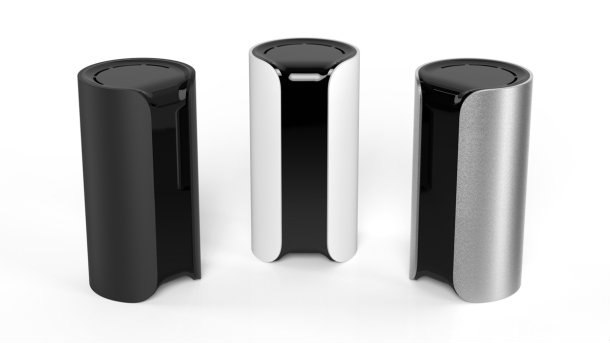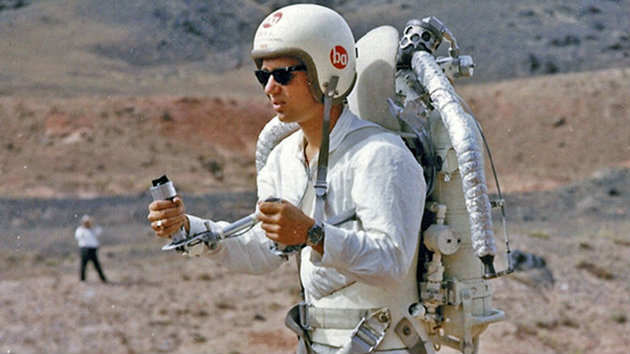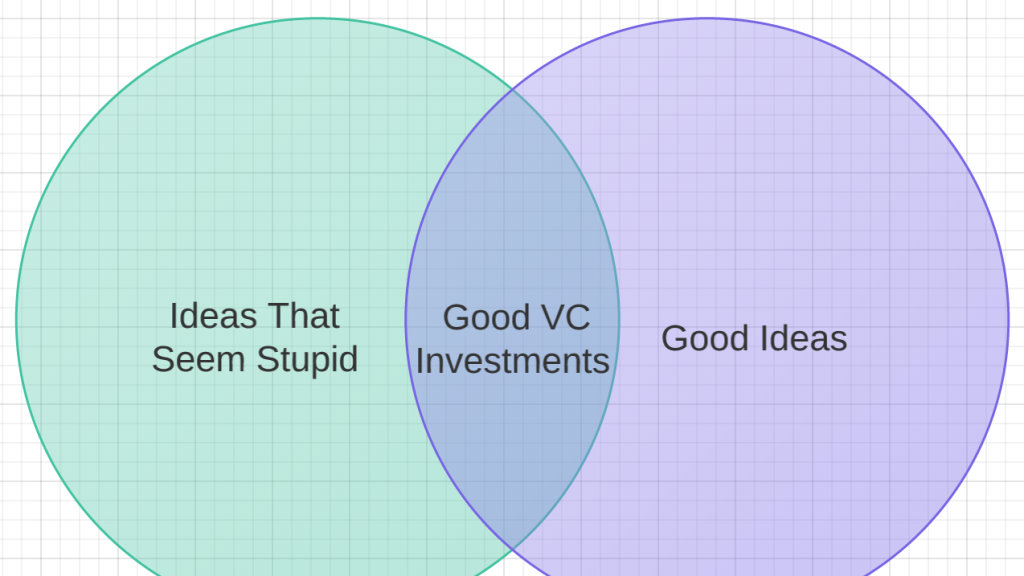|
Scientists work on backing up human brain with computers
A new state-of-the-art headband is being developed by Tufts University scientists that could help facilitate communication between the human brain and computers. The new technology – currently being crafted at the university’s Human Computer Interaction Lab – would be capable of scanning an individual’s brain activity, determining whether the person is mentally aware enough to handle the task at hand, fatigued, or even bored with what they’re doing. According to the Boston Globe, this brain-scanning technology could potentially help humans perform a number of tasks, ranging from simple processes such as recommending movies based on individual reaction to important jobs in air traffic control. As the newspaper noted, the computer could learn “the precise moment an air traffic controller approaches mental overload, and [automatically] reassign some of his responsibilities to a fresher colleague.” The headband does this by utilizing technology called functional infrared spectroscopy (fNIRS), which scans the amount of light being absorbed by the brain. In this way, the headband doesn’t exactly read thoughts, but since the amount of light absorbed by the brain is linked to the amount of brainpower it’s using, the device can gauge fatigue levels effectively through this measurement. During a test run by Tufts researchers, one graduate student could manage between four and seven airplanes during a simulation, with the headband ensuring his mind wasn’t overexerted at any point in time. If ultimately successful, computer scientist Robert Jacob and biomedical engineer Sergio Fantini hope to embed the tech in wearable products, such as Google Glass, and pave the way towards a future in which humans communicate with computers through thoughts and not tactile commands. “Computers have gotten phenomenally better in the last 50 years — faster, more powerful — and humans haven’t,” Jacob told the Globe. “The bottleneck is now with the human, not the computer. So it’s important to put resources into communicating better with computers.” “We’re basic researchers,” he added. “It would be delightful if these things do filter into the world, but I’d like to believe that’s not our mission. Our mission is to invent new scientific ideas and spread them, and hope they are useful to someone.” Jacob’s team isn’t the only group looking into brain scanning technology, though. As RT reported last year, the Pentagon’s Defense Advanced Research Projects Agency (DARPA) announce it will invest $70 million to develop a new implant capable of tracking and responding to brain signals in real time. The project, called "Systems-Based Neurotechnology for Emerging Therapies” (SUBNETS), is aimed at treating and analyzing mental disorders as they flare up in the mind. By creating an implant that can record the effectiveness of medical treatments as they’re administered, the implant could open up new avenues of treatment for patients. Source: RT
Share this now because.. BRAINS, BRAINS!
|
We Share Stories Like this Every Day
Follow us to get your Daily Tech Recap! Latest Geeky Goodness:
|
| Recaply Copy |
|
















